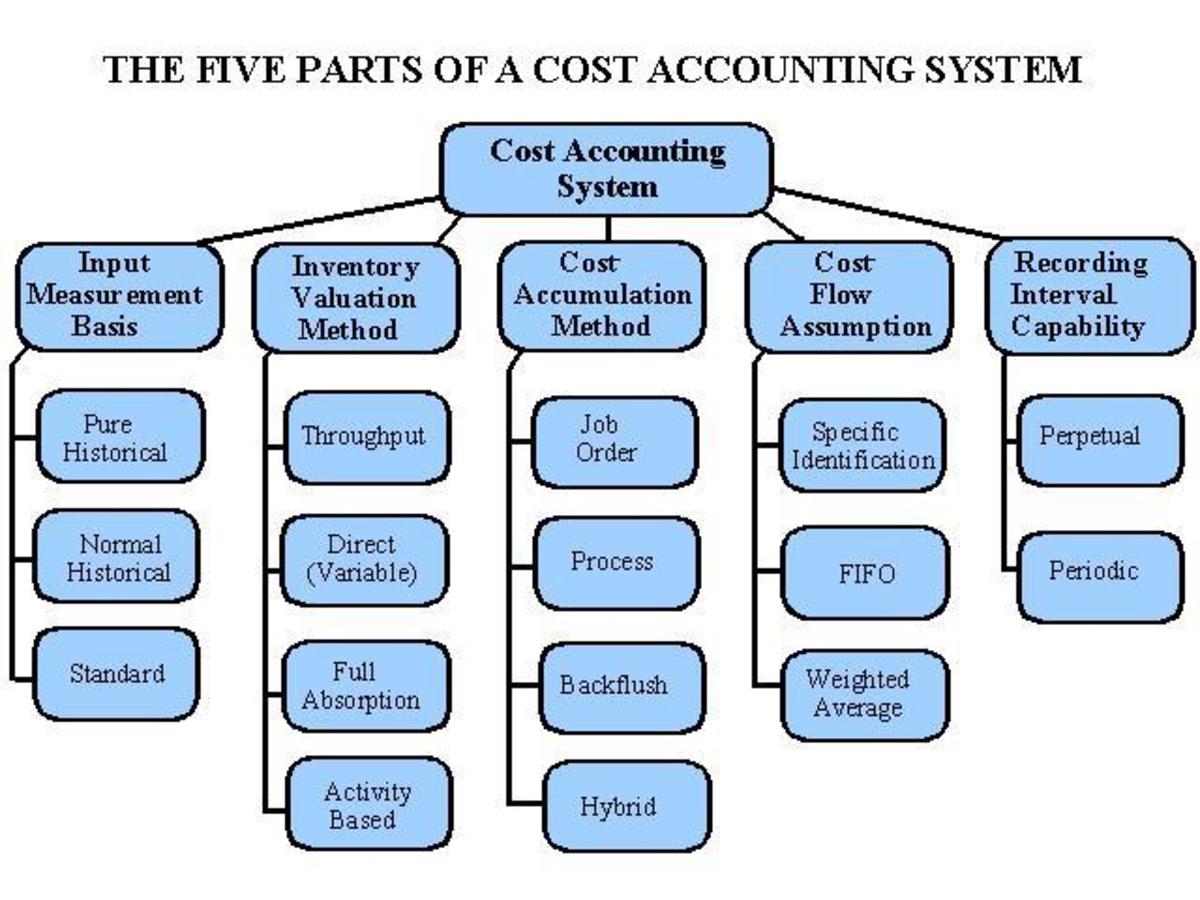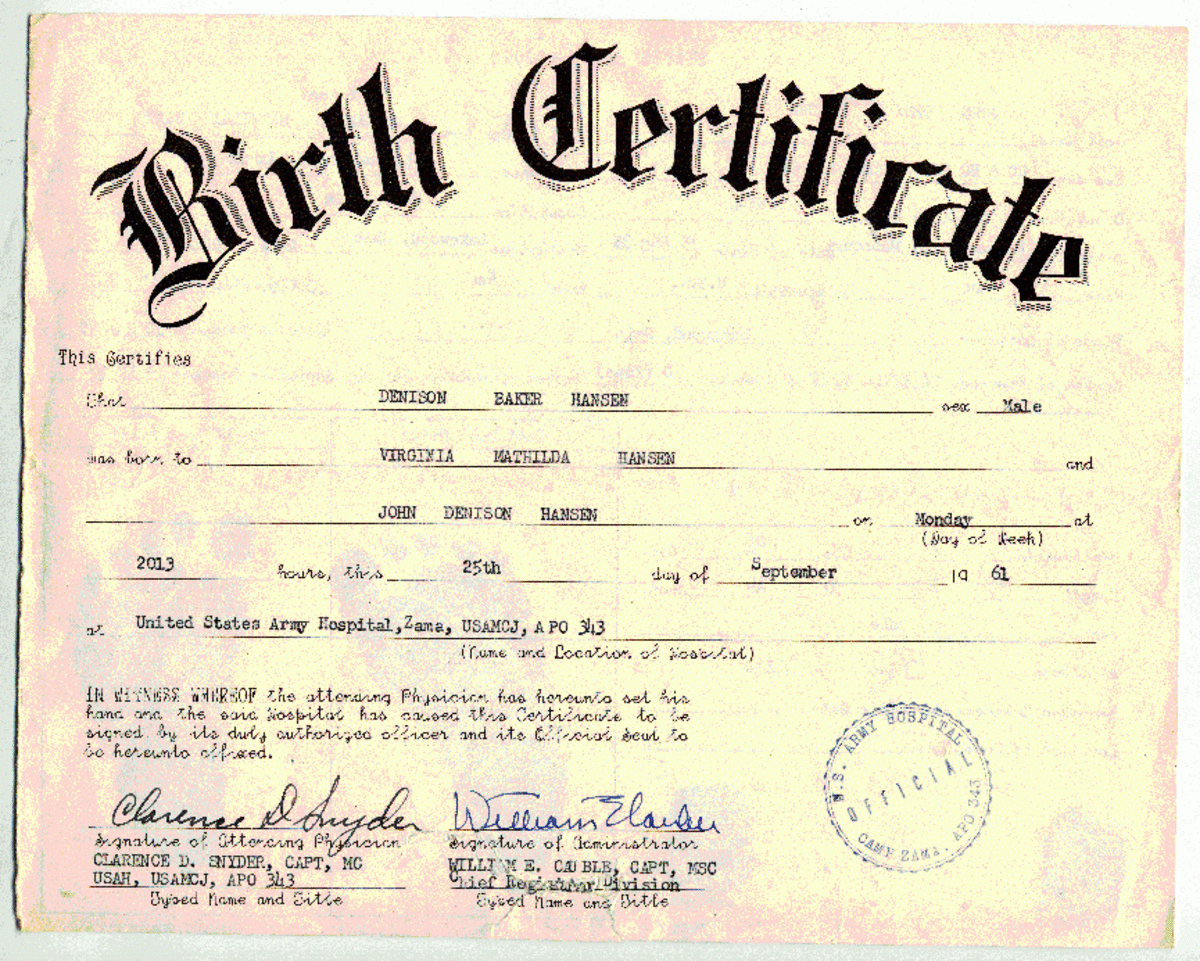How to Help Settle Playground Arguments
Direct Limited Choice Can Keep Things calm
As a sub teacher with playground supervision duty, I had a common problem. I anted to be sensitive and fair, but I needed to be decisive and firm.
Experience taught me that it was not impossible to do both if I remembered a system I call "direct limited choice."
Most children respond to simple reasonable expectations. You can prove this to yourself and it will give you hope for the future.
Whose turn is it?

Here's an example: A minor conflict broke out as I was supervising an afternoon recess with 9 to 12 year-olds. Children using the climbing gym complained that others were deliberately getting in their way and going the wrong direction, or getting into their space by doing illegal tricks on the bars.
Being a visiting substitute, I did not know the exact rules for this piece of equipment at this particular school. I did not know the students. My decision was to give a "direct limited choice" by saying, "Play by the rules or get away from the equipment." I directed my comment to no one in particular and everyone in general.
What?

There was a mildly shocked pause.
I didn't try to (and didn't HAVE to) sort through all of the individual cases of who was doing what to whom, and where, why and how. Most kids know all of the rules . . . and some how to get around them.
I assumed the attitude of "good-natured inflexibility" as Ralph Waldo Emerson described. I did not know the letter of the law, but I was sure they understood the rules well. I did understand the spirit of playground rules.
I was sure of my basic premise: "We have fun without annoying or endangering others by observing reasonable rules." I would not be moved. I was in authority (because the duty schedule said so). I did not have to prove my authority by assuming an unpleasant attitude. I was right, so what's to prove?
When the inevitable "But, I . . . " comments erupted, I firmly repeated my statement, it was interesting that the objections came ONLY from the culprits.
Those who were following the rules naturally had no objections to the "direct limited choice." They were perfectly willing to play by the rules, and also happy to know that the rule-breakers were banned. The actual result was that the trouble-makers either left to pursue other activities, or became conformed.
This group was easy to handle. In fact, I was surprised at how well this worked. What if it had gone a step further?
I would have used a "second-stage direct limited choice": "Those of you who have questions about the rules may step over here and we will discuss it . . . the rest of you can play."
Again, I would have really been giving them the same choice of playing by the rules OR not playing. I won't argue so, they had the choice of doing something OR nothing.

The Next Step?
In the unlikely event that they persisted in finding ways to annoy others-- at least as a substitute I wouldn't hesitate to to refer the case to a higher court. (And remember, you are doing this while keeping a weather eye on the rest of the playground happenings.) Another direct limited choice: "You can choose to see it my way OR discuss it with Mr, Meany, the principal."
It is helpful to find your own ways of using DIRECT LIMITED CHOICE. You will know you are successful, either as a teacher, group leader or parent, when situations that once caused you personal stress or conflict are easily resolved.
You will find yourself saying things like:
"Those of you who are using your time to work now, will not need to use any of your (free time, recess, P.E. time) to finish the assignment.
- " I can give individual help IF the whole class is working quietly."
- "You may sit by your friend, IF you are being responsible."
- "Everyone will have a chance to participate IF we can do it in an orderly way."
- "You may talk quietly to the person next to you IF it is about your project."
1. Be direct: State your expectation clearly.
2. Set limits: State the results of their choices.
3. Give a choice: Allow them a chance to make a good choice.

The Best Part
Everyone likes to have a choice-- even if it is limited. Giving children a chance to make the right choice helps them to maintain their self-respect, and takes the burden off of you to be an enforcer. You may be surprised to find that they usually make the right choice.
I have one more detail to add to my personal playground experience that put the icing on the cake. After the problem had been resolved (by children making their own right choices) a little girl came to me related that a teacher had once told her that, "ALL teachers have to be mean, sometimes."
"That might seem to be true," I said in an offhand way.
"But, you're not," she answered.
I hope I can live up to that.





